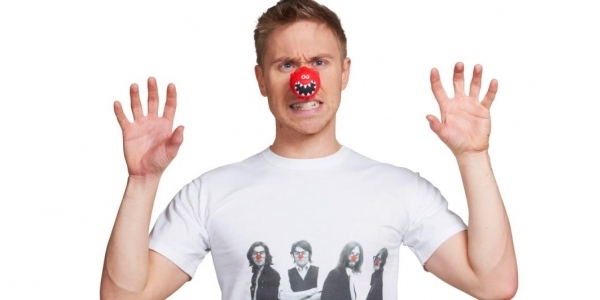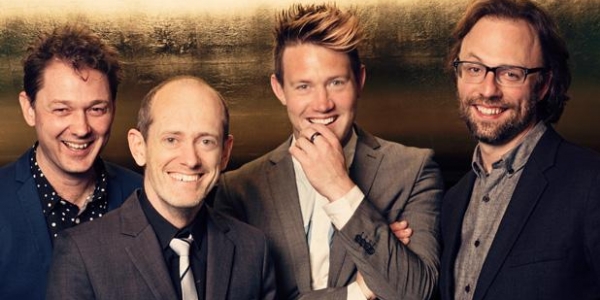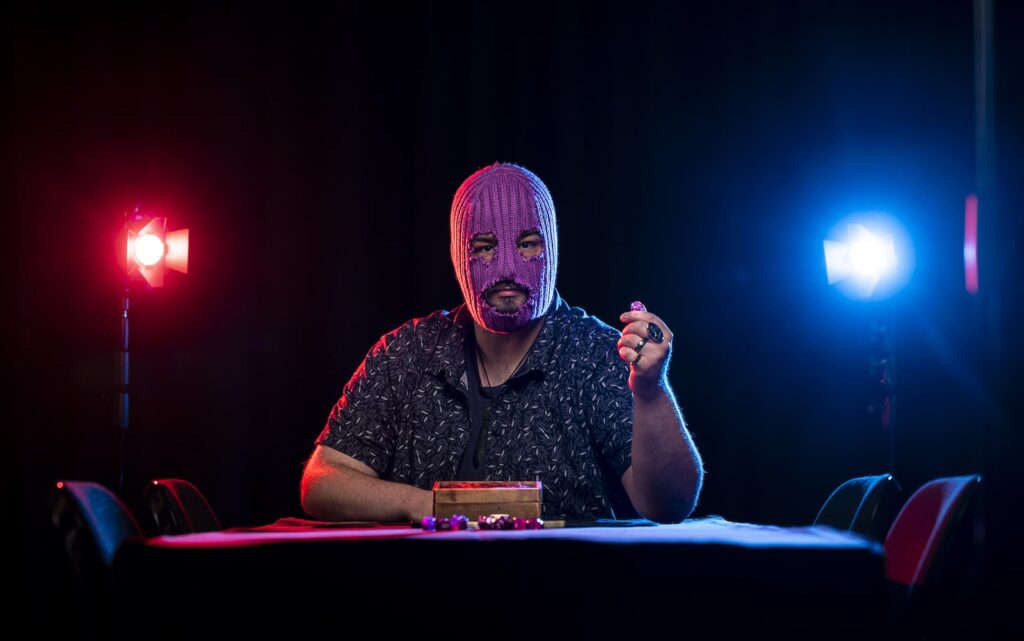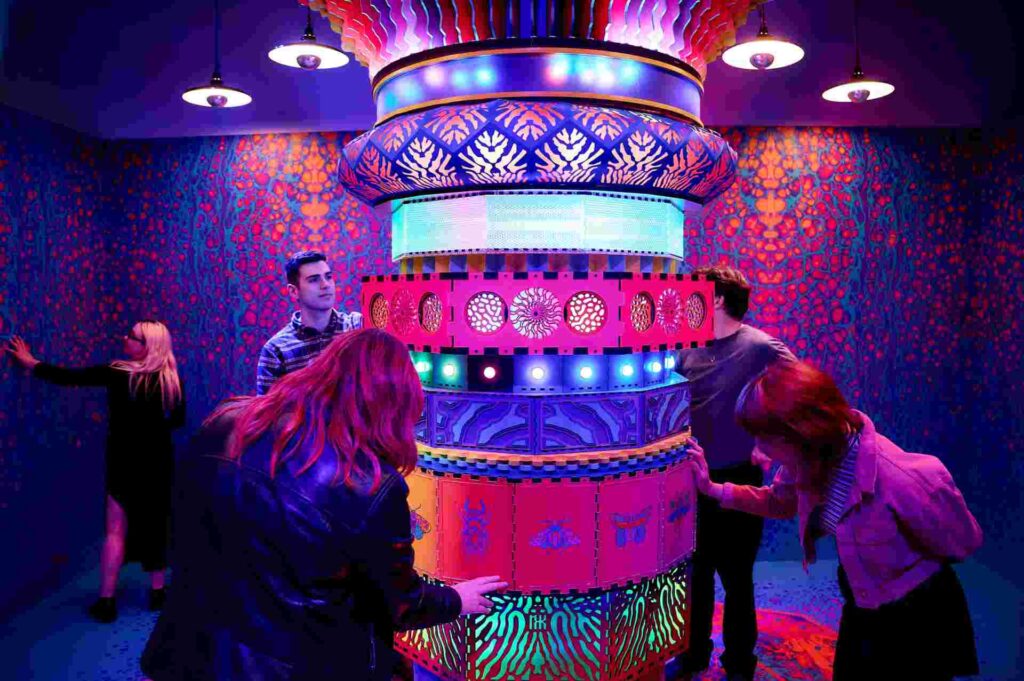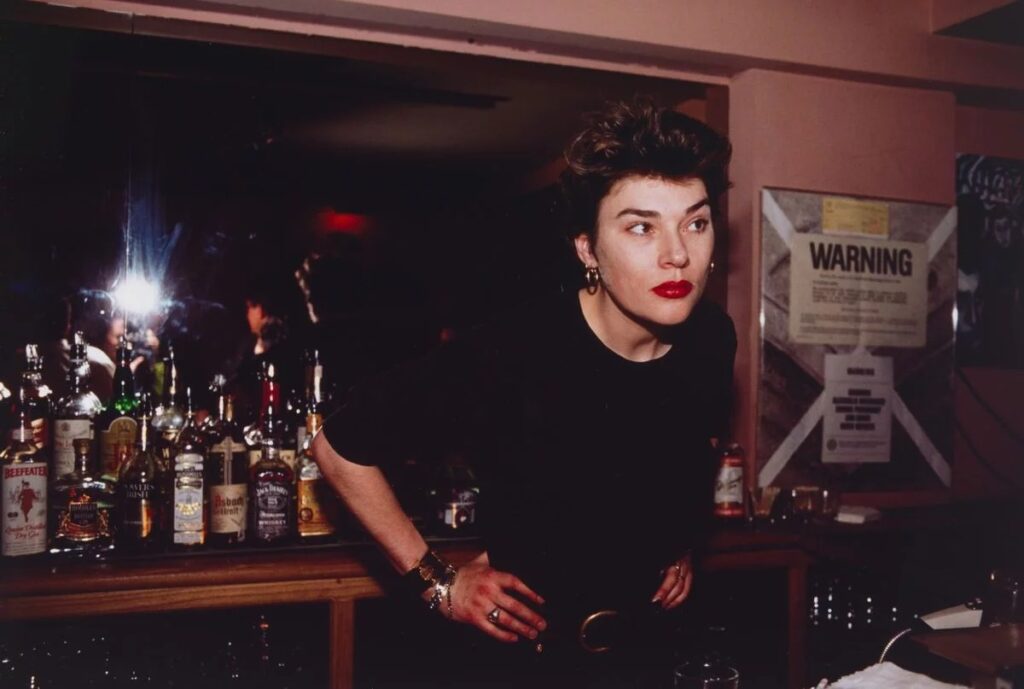“This is reality, you know?” Howard begins. “The rest of stuff is rubbish really since it’s just people expectations. The reality of life is that you spend a lot more time just sitting in your pyjamas staring into the eyes of a very disappointed animal and watching the telly than you do telling people stories. But I love it, I love it.”
As the writer and presenter of Russell Howard’s Good News, he has spent a lot of time creating crafted comedy. He’s been away from the stand-up circuit for a while and the spontaneous creation that medium is renowned for. “The thing I love most about stand up is that it’s just an extension your personality; it’s never really a chore,” he says. “I started doing it when I was 18 and I found this thing that I adored and luckily I just got better at it, it got bigger and now it’s this thing. When you first start out it’s this counter culture. You’re out nights, enjoying your night out but then when you become successful you have to assimilate back into the real world,” he trails off chuckling for a moment. “Like I’ve got a mortgage now. I’m a stand up with a mortgage.”
With the Royal Albert Hall among his list of venues for Wonderbox, you’d think there would be a bit of pressure on Howard to create the stand-up show of all time but he acknowledges that pressure just comes in different forms. “It’s just a kind of sliding scale of pressure really,” he says. “I’ll spend the next six months doing nothing but stand up in small venues, ironing out the creases and just making sure everything’s good. I really like stand-up for the reason that it just happens and then people remember nothing from it. It’s like this magical night where people can’t remember single joke but they know they had a great time. TV can be rewound and rewatched and analysed but there’s a real intangibility to stand up.”
On Comedy Central, Howard’s Good News is usually scheduled just before Tosh.0 and the contrast between the two shows is stark. They both use a clip-based format – Howard focusing on the news and Daniel Tosh focusing on random acquisitions from the internet – but the latter comes off as nasty while the formers remains edgy and yet somehow inoffensive. Howard and his fellow writers know how to push the envelope without dissolving into smut, fart jokes, and sexism. Tosh is the arrogant jock smashing beer bongs at a frat party while Howard comes off as the quick-witted party guest you don’t want to go home. His formula for avoiding base humour is pretty simple. “It’s always hard and this is just my approach but I try to think ‘Can I justify that?’” he says. “Like is it funny or is it just mean. I got in trouble earlier this year from this group – well not really trouble – but it was kind of scary. It was this group called the English Defence League but I could justify that because I thought I was on the side of justice.” (The joke in question came about after the EDL – a notoriously nationalistic and racist group – went to protest a peace rally and ended up fighting themselves).
While Good News is written and rewritten, with Howard having seen the show a number of time before it airs, he says he never watches it – except maybe once. “I was at my brother’s flat in London and I was channel hopping and the showed came on,” he says. “It was the show I hadn’t seen for a while so I thought ‘OK I’ll watch it for a little while’ and it kinda made me laugh. Then my brother and his girlfriend came in and there isn’t a worse moment then having people walk in on you laughing at yourself. My brother was like ‘You are such a dick’. It wasn’t as though I’d been sitting there watching it the whole time, like I was settled in going ‘Oh god I’m funny, this guy is fun-ny’.”
While his TV show is written with others, the stand-up will be a solo venture and Howard will be relying on his intuition. He explains that it has never been his method to try and run through his jokes in his lounge room or with friends. “It just doesn’t work to show it to people,” he says. “It’s like when you’re in a car and you’ve made a mix tape and the song comes on that you want the person to hear and you’re like ‘You gotta love this song’, and they never, ever do. Comedy is like sex and religion; you just can’t force it on people.”
BY KRISSI WEISS
